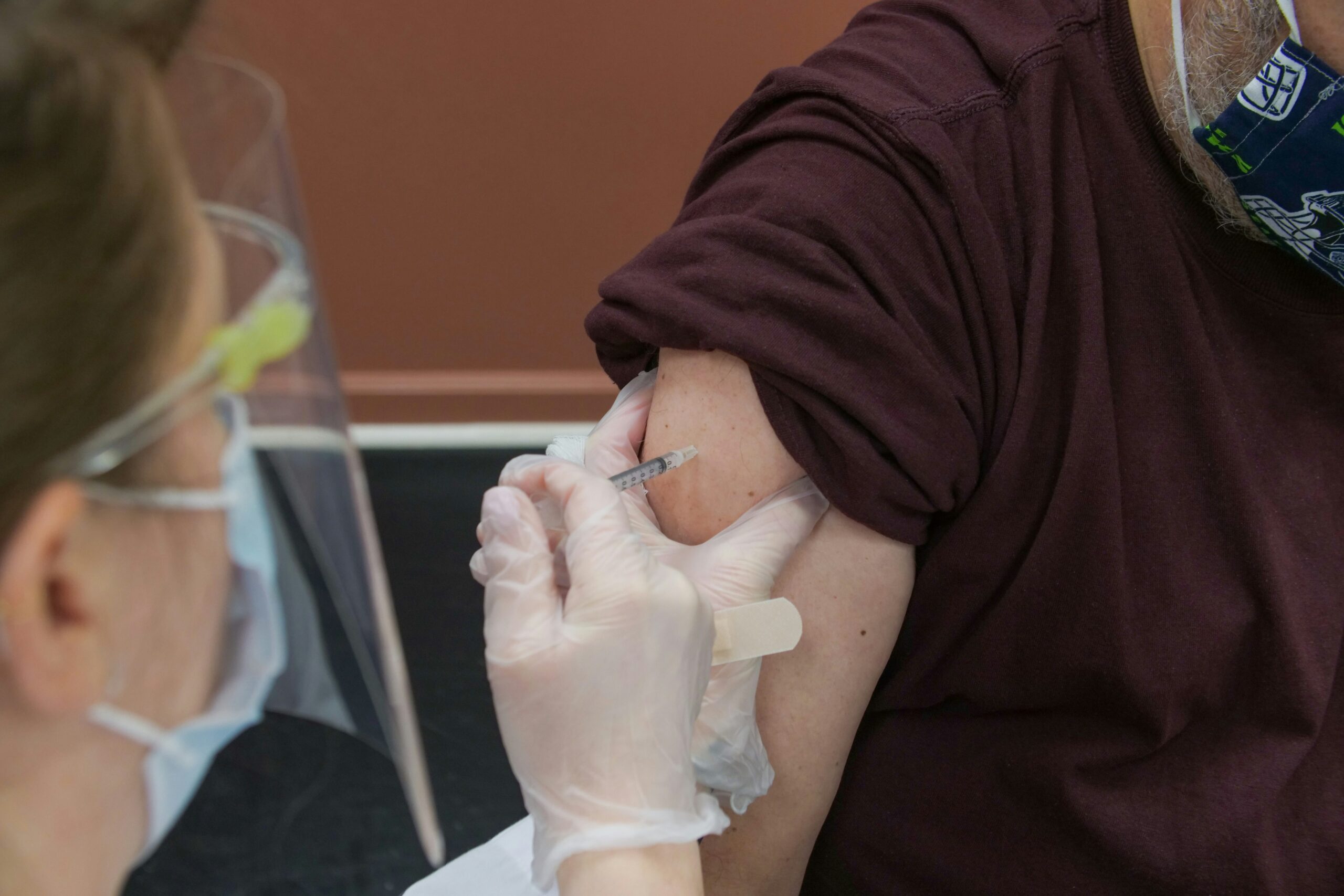A beautiful aspect of addiction therapy programs is the fact that there are multiple options to help people heal. There are dozens of addiction therapy options, and they come in all shapes and sizes. Some possibilities have you working with a therapist one on one, talking out problems. Others have you in a group. Still more require you to do something other than talking. A treatment that requires you to do activities is experiential therapy. There are a variety of experiential therapy activities, and all of them can help you beat your addiction.
What is Experiential Therapy?
Experiential therapy allows you to identify and address issues that you may not be aware of because they’re hidden beneath other problems. You can use experiential treatment to figure out how you feel about specific problems.
As with other therapies, when you take part in experiential therapy activities, there are many advantages. For example, you’ll learn how to solve your problems effectively, rather than hiding behind alcohol or drugs. Moreover, when you get around the obstacles, you’ll also increase your self-esteem. You’ll also learn to take responsibility for your actions and build stronger communication skills. Additionally, because many of these activities take place in group therapy settings, you’ll learn how to work together with others. Working with your teammates could lead to lifelong friendships.
Experiential therapy gives those in addiction treatment the chance to explore not just their mental responses to situations but their physical and behavioral responses as well. It is a chance to learn more about oneself with hands-on, real-world experience. Some other benefits to experiential therapy activities include:
- Discovering how to healthily express or process emotions
- Learning non-verbal communication
- Improving understanding and motivations in oneself and others
- Being able to exert a sense of immediate control in a given situation rather than turning to substances
- Building confidence in one’s actions and abilities
Depending on the particular experiential therapy activities, individuals will face challenges that are both physically and mentally challenging. However, every activity is designed to be engaging and fruitful regardless of the outcome. Many people who participate in this form of therapy discover that completion or winning is less a worthwhile goal than the simple act of putting oneself out there and competing or being active. Every individual will have a unique set of challenges, just as they will have a unique set of interests. Experiential therapy activities are designed to provide a broad range of activities to connect and build up individuals and groups.
Types of Experiential Therapy Activities
There are a variety of experiential therapy activities. Some require more effort than others, and all of them can help you overcome your addiction. Some common types of experiential therapy activities include:
- Equine therapy: Sometimes called equine-assisted psychotherapy or EAP, this approach focuses on building or rebuilding emotional bonds and trust. Horses can be very intuitive, and many individuals in treatment find themselves drawn to the creatures. Equine therapy isn’t about learning to ride or tame horses. Rather, the animals provide a means to embrace patience, diligence, and care. Patients groom, feed, harness, and walk with the creatures throughout sessions. When working with horses, you learn coping skills, life skills, and how to be compassionate towards others.
- Surf therapy: There are numerous kinds of experiential therapies, and one of the categories is termed adventure therapy. This approach looks to help those in recovery learn personal responsibility, improve their communication, enhance their problem-solving both alone and in groups, and set achievable goals for themselves. At Lakeview Health, we offer adventure therapy in the form of surfing. We believe getting out into nature can be extremely therapeutic. Surf therapy allows you to learn a new skill while also experiencing the therapeutic benefits of the sea. Also, like many of the experiential therapies we offer, it provides patients with the opportunity to learn a new hobby that can help them adjust to sobriety.
- Expressive Arts Therapy: Sometimes, words can’t express how you’re feeling. However, with treatments involving the arts, you can learn to express your emotions in other ways. Learn to use different mediums and share how you’re feeling with the people around you. Another advantage of art therapy is the ability to make one’s thoughts, emotions, perceptions, and memories into physical objects. This allows individuals to objectively see themselves or their actions and work to improve or change.
Addiction can leave you feeling helpless. Through experiential therapy activities, you can take back the power. Unlike traditional therapy, where individuals are relatively inactive, experiential therapy gives individuals the opportunity to learn about themselves through active engagement and performance. Because there are a variety of learning styles, experiential therapy is a technique designed to reach out to those people who are more receptive to physical involvement rather than exclusively talk therapies.
Overcome Your Obstacles at Lakeview
At Lakeview Health, we know that life has placed many obstacles in your path. Through experiential therapy and other therapeutic options, you can overcome these to become the person you never thought you could be. We offer several addiction treatment programs, including:
- Alcohol addiction treatment: Alcohol use disorder is one of the most prevalent forms of substance use disorder or addiction. Partially due to alcohol’s availability and our culture’s casual embrace of it in most social settings, it can be challenging for individuals to recognize when they or someone they care about is abusing alcohol or developing an addiction. Our program works to address not only the immediate triggers or causes of alcohol abuse but any deep-seated issues that may contribute to it, as well as our counselors and therapists help individuals heal.
- Heroin addiction treatment: One of the most addictive illicit substances, heroin is responsible for thousands of overdose deaths every year. Fortunately, there are a variety of new approaches to treating addiction using medications to help manage and reduce cravings and other withdrawal symptoms.
- Benzo addiction treatment: Benzodiazepine or benzos are typically medications prescribed for treating anxiety disorders and other conditions (such as insomnia). However, they can be easily abused and lead to a substance use disorder. When this happens, individuals need to turn not only to detox but to professional therapeutic support to get at the core of the issues surrounding the abuse of the medication.
- Prescription pill addiction treatment: Benzos aren’t the only prescription medication that can lead to an addiction. There are numerous medications that are abused, misused, or due to an individual’s unique physiology lead to a dependency. No matter the particular prescription medication, our team can help individuals not only overcome the addiction but find the support they need to address the issue the medications were prescribed to treat in a safe and effective manner.
To learn more about the experiential therapy activities, you can take part in, contact Lakeview Health today at 866.704.7692.
Isn’t it time addiction stopped ruling your life? Take back the power at Lakeview today.




